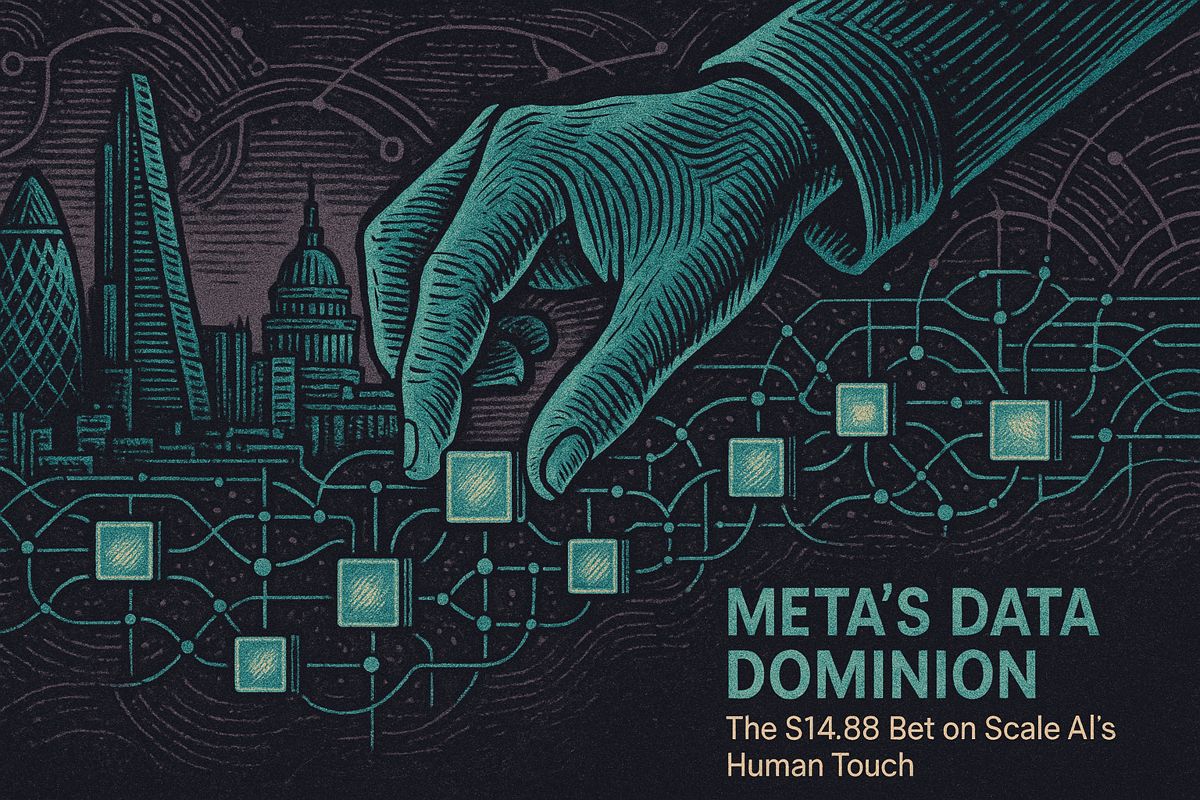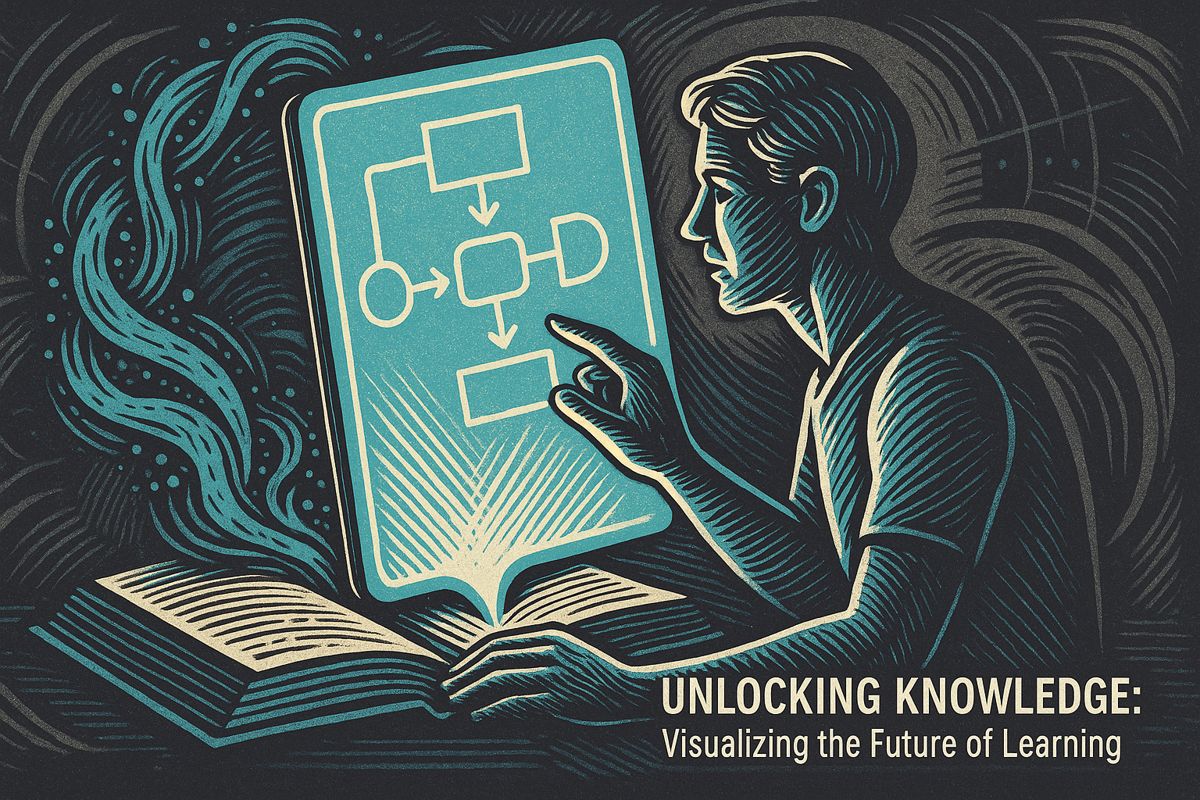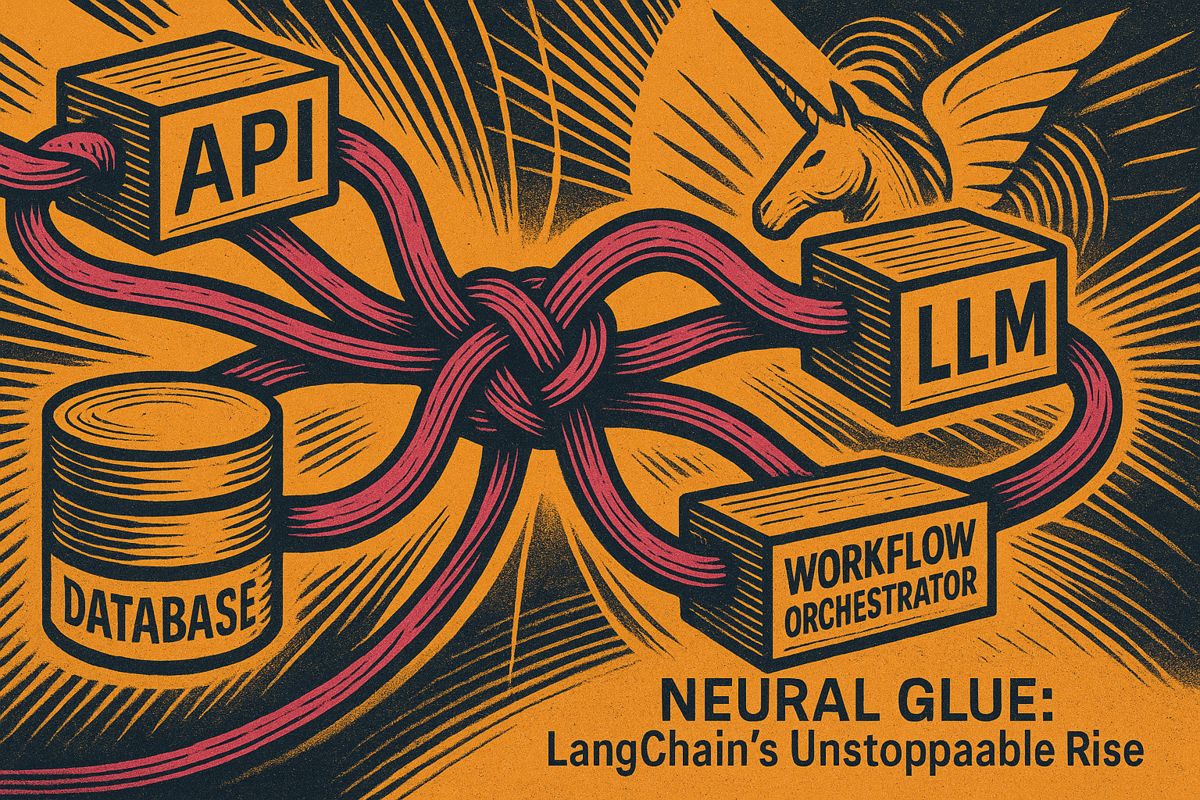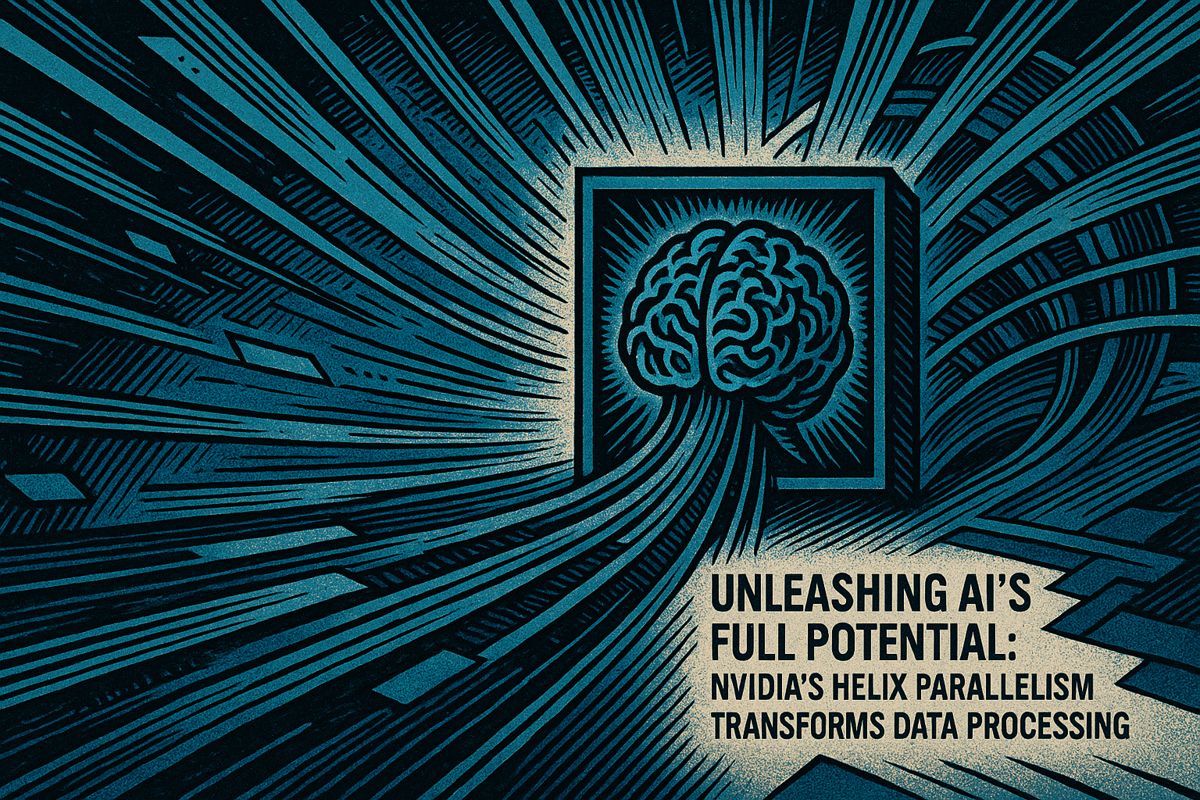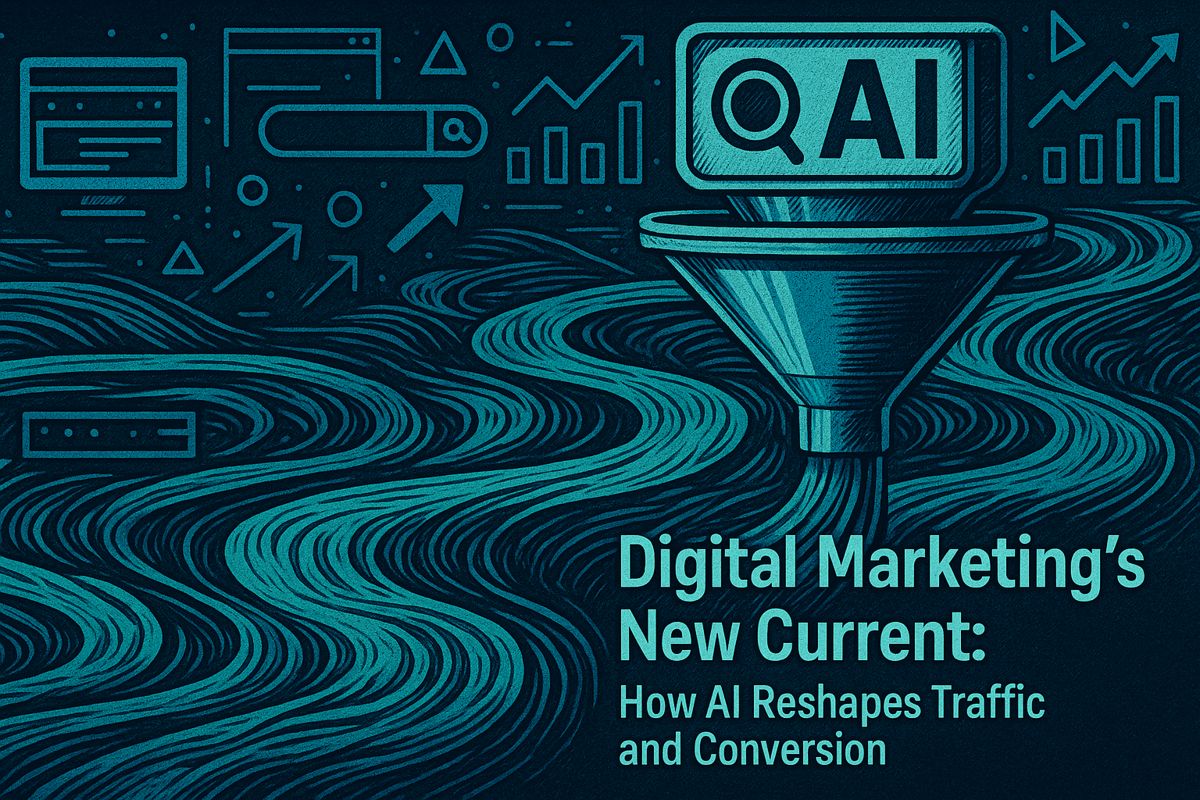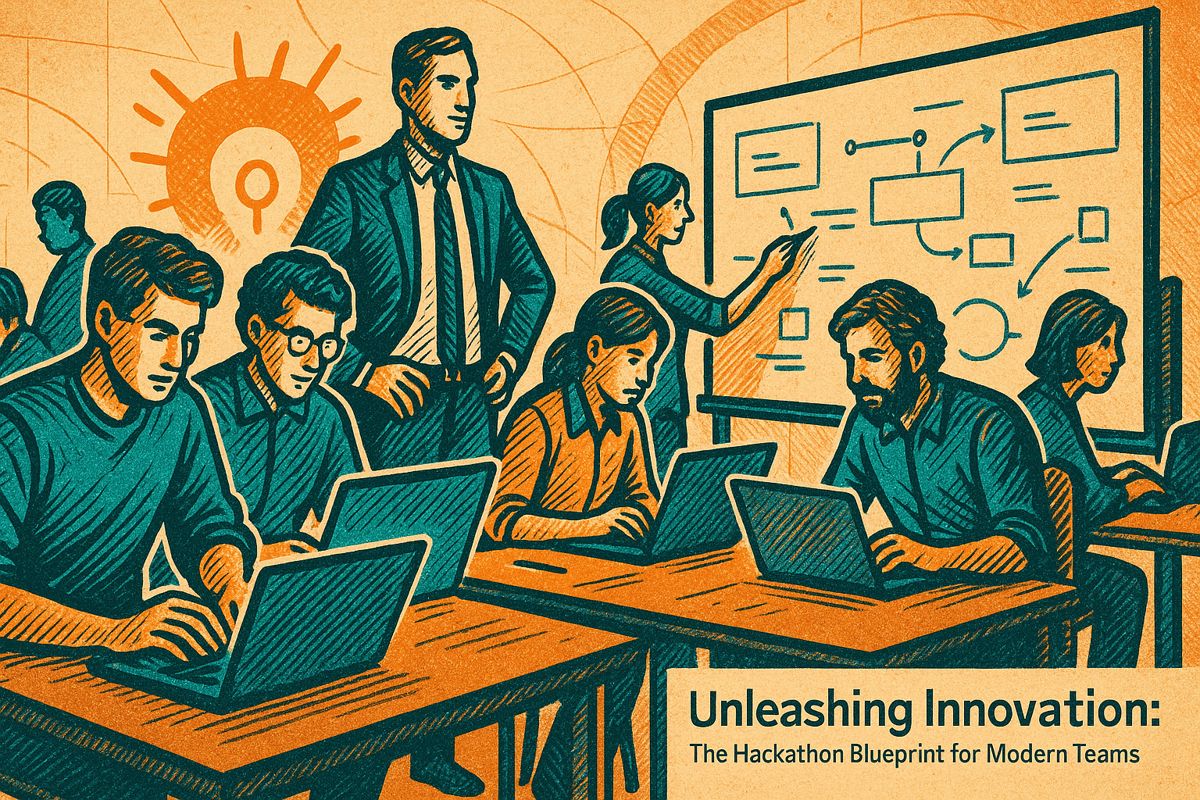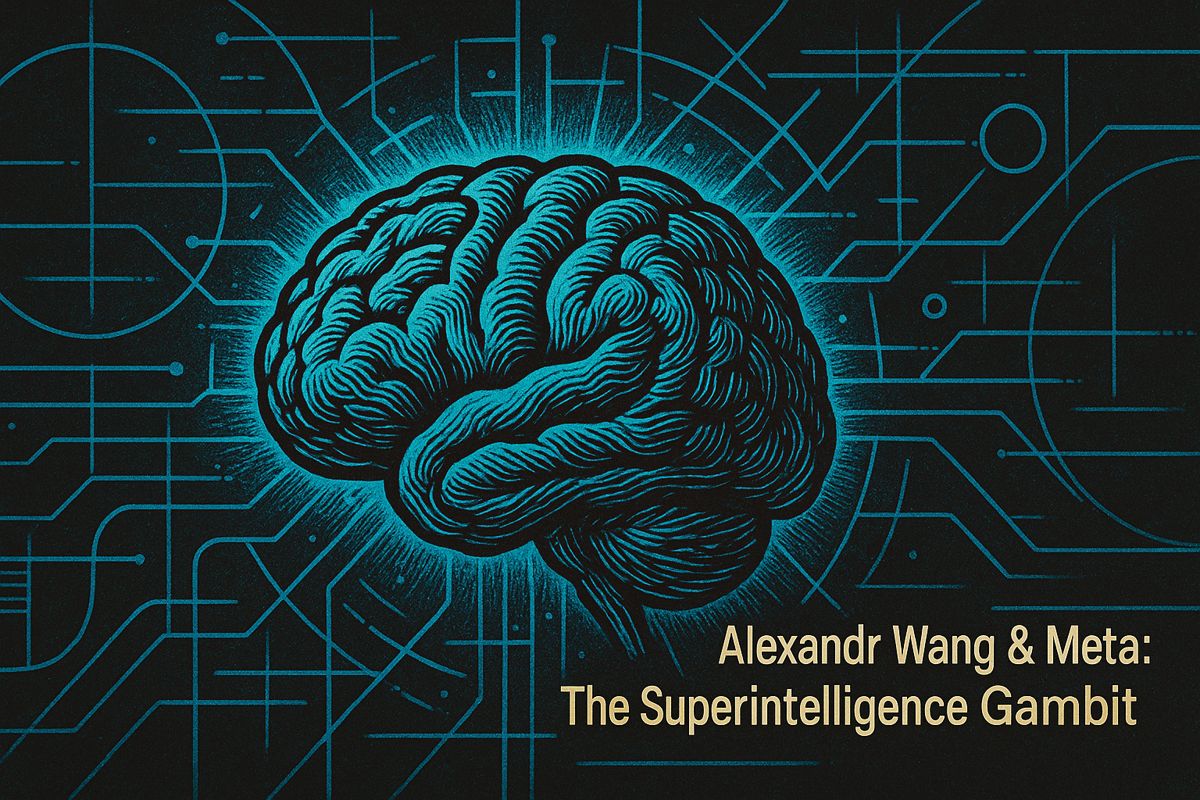Meta is spending a huge $14.8 billion to team up with Scale AI.
Why is Meta investing billions in Scale AI?
Meta is investing $14.8 billion in Scale AI and acquiring a 49% stake to accelerate its progress toward artificial superintelligence. This strategic move aims to secure access to Scale AI’s high-quality data annotation services, critical for training advanced AI models. It positions Meta to control the pace at which machines learn, focusing on edge-case data essential for robust AI development.
Some news items slide right past your eyes, but then there’s that headline – Meta pouring $14.8 billion into Scale AI. Immediately, I felt that odd tingle of déjà vu from the last time a tech giant tried to leapfrog its rivals by betting big. (I once spent three weeks wrestling a dataset that looked like it had been organized using a paintball gun and a list of obsolete zip codes. Chaos.)
Why did this number matter? Well, it’s Meta’s second-largest investment ever, and with it, they’re grabbing a 49% non-voting stake in Scale AI, a company now valued at $29 billion (CRN, 2025). The goal? To turbocharge progress towards artificial superintelligence. That might sound routine, but what if this is where the next technological epoch pivots? I can’t help but ask: Does this echo the arms race of GPUs, or is it something stranger – a gold rush for the data mines?
The Orchestra Behind the Curtain: People, Machines, and Pipe Dreams
Scale AI is no faceless entity. Founded by Alexandr Wang, who, at nineteen, figured he’d build infrastructure for tomorrow’s machines – and then did. Wang’s approach marries the precision of the MIT Lincoln Laboratory with a kind of scrappy, improvisational energy. He’s been described as a conductor overseeing a symphony of annotators and algorithms, and honestly, that’s not far off. At any hour, more than 100,000 annotators are labeling data for everything from OpenAI’s LLMs to the Pentagon’s battlefield simulations (Scale Blog).
It’s not just about brute force. Wang claims distributed teams can hit 35% better accuracy than industry standards (Scale AI Generative Engine). That’s a moat, not just a metric. As for the human element: imagine the low hum of tens of thousands of computers, the glow of screens in Lagos and Manila, each keystroke nudging a future self-driving car away from disaster. Sometimes I wonder if these annotators realize they’re quietly sculpting the edges of tomorrow’s reality. I didn’t, the first time I shipped a model that didn’t crash and burn.
The Stakes: Power, Data, and Those Left on the Sidelines
Meta isn’t just chasing horsepower. They’re after the lifeblood of machine learning: high-quality, edge-case data. Scale’s roster includes OpenAI, the U.S. government, and – at least until this deal – Google (Economic Times). Google ducked out after Meta’s stake, a move so abrupt it almost sounded like a slammed door. The competitive heat here could toast a marshmallow.
It’s a smart play by Meta, structured as a minority, non-voting investment, sidestepping antitrust landmines. But who’s kidding whom? When you control the world’s best annotation pipelines, you control the pace at which machines learn to navigate the weird, rare, and dangerous. Hospitals in Canada have seen their supply chains streamlined, military logistics have been reshaped – and all by a company most people wouldn’t recognize on the street. Sometimes, I’m not sure if I’m witnessing a revolution or just another tech skirmish over digital territory – but then something small, like a single mislabeled cat photo, can trip up an entire neural network.
Reflections at the Data Frontier
The emotion? A mix of awe and unease, honestly. There’s a thrill in seeing such high-stakes chess, but the sheer scale (excuse the pun) is intimidating. I’ll admit, I underestimated how fast this sector would move – just last year, I thought the bottleneck was compute, not data. Now Meta is kissing the hand of the annotator, hoping for a seat at the table where intelligence is minted, calibrated, and debugged by humans whose names we’ll never know.
The human annotators may work in the shadows, but they’re the unsung artisans of modern AI – the nose behind the perfume, the line cook behind the Michelin star. Their output is rarely celebrated, but without it, all the silicon in Santa Clara can’t teach a car to tell a stroller from a shopping cart. Picture a sea of faces staring at screens, the only soundtrack the tap of keys and maybe a distant dog barking. It’s almost poetic… or maybe just Tuesday.
So, as Meta cozies up to Scale, I can’t help but wonder: Are they playing for dominance, or merely hedging against irrelevance? Either way, the story’s only beginning. (Oops, did I just foreshadow?)
— Daniel

